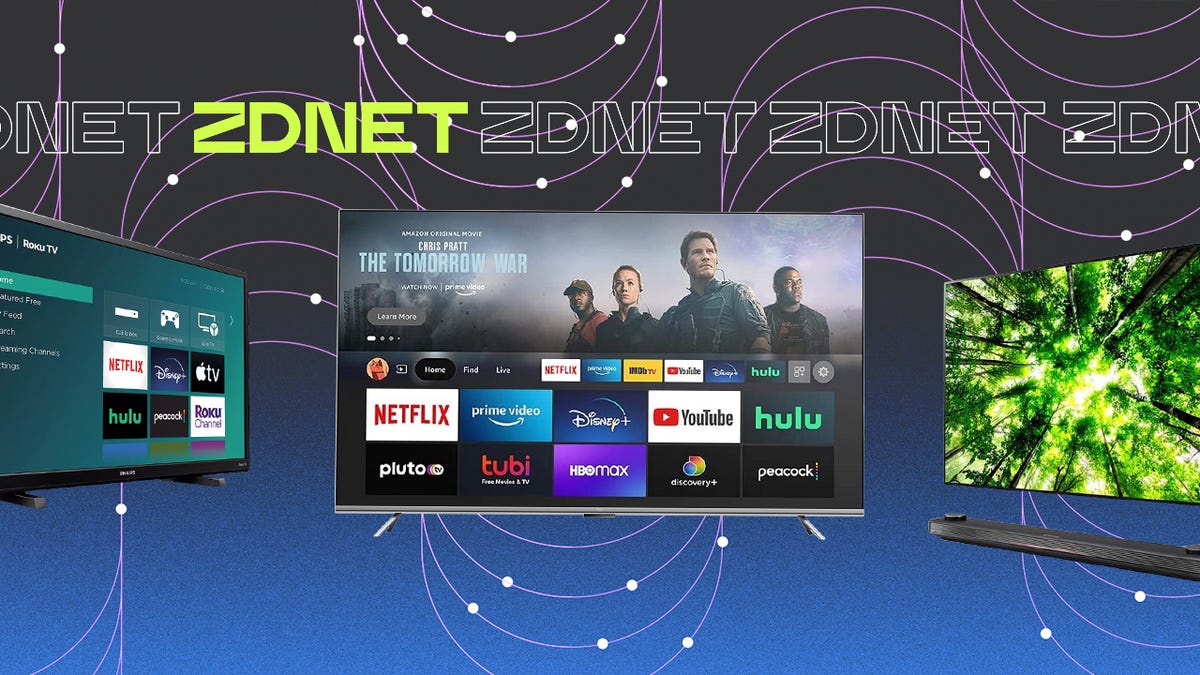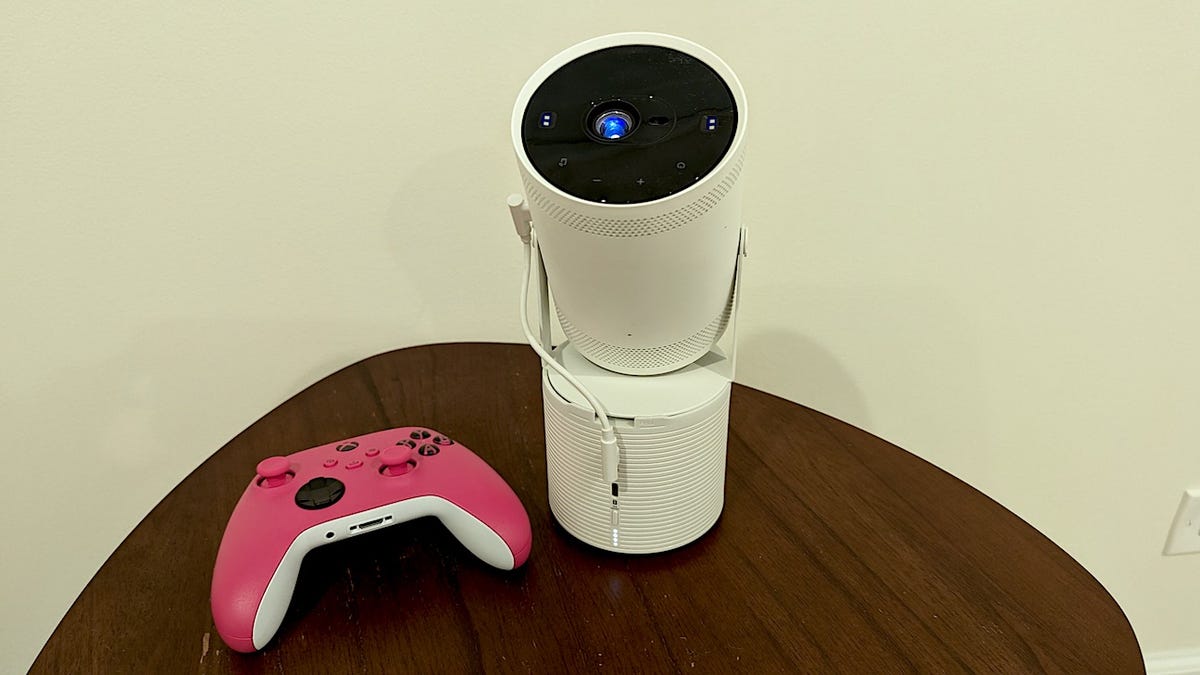BOOK THIS SPACE FOR AD
ARTICLE ADFacebook's Ray-Ban Stories 'smart' glasses were launched on Thursday, September 9. The wearable is available in three designs and multiple colour options for frames. Customers will also have the option to select different kinds of lenses, depending on their needs. Facebook's Ray-Ban Stories come with dual 5-megapixel cameras that can capture images and 30-second videos. The glasses have external-facing LED lights as a privacy feature to let people know when the cameras are working. Additionally, the temples of the smart glasses double up as earphones and feature touch-activated controls for music playback, calls, and volume. The Facebook x Ray-Ban smart glasses rival Spectacles from Snapchat app maker Snap that come with similar features.
Facebook's Ray-Ban Stories price, availability
Facebook's Ray-Ban Stories price ranges from $299 (roughly Rs. 22,000) to $379 (roughly Rs. 27,900). The frames are offered in four colour options — Black, Blue, Brown, and Green. These come with six options for lenses that include regular, polarised, and transition lenses. Users can select between Clear with Blue Light Filter, Brown, Dark Grey, Green, Polarised Dark Blue, Transitions Clear with Dark Green lenses.
The Facebook x Ray-Ban smart glasses can be purchased online via Ray-Ban's website and through select retail stores in Australia, Canada, Ireland, Italy, UK, and US. India availability is yet to be announced.
In comparison, Spectacles 3 by Snap that are also equipped with cameras for pictures and video recording as well as mics for calls are available in India at a price of Rs. 29,999. These were launched in India in two colour options in July 2020.
Facebook's Ray-Ban Stories specifications
Facebook's Ray-Ban Stories smart glasses are equipped with two 5-megapixel cameras that can capture images with 2,592x1,944 pixels resolution. Additionally, it can also capture 30-second videos with 1,184x1,184 pixels resolution at 30fps (frames per second). Users can capture and store approximately 500 images and 35 videos of 30 seconds each. The cameras are accompanied by an external-facing LED that will let others know when they are being captured. The smart glasses are powered by an unspecified Snapdragon processor.
The smart glasses also feature open-ear speakers that are mounted in each temple. Facebook and Ray-Ban have also included touch-sensitive controls that can control music playback, calls, and volume with single-tap, double-tap, and triple-tap gestures. On the right temple, users can use the shutter button to capture images and record videos. The smart glasses come with three microphones for taking calls.
Users can pair their Facebook's Ray-Ban Stories to their smartphones via Bluetooth v5 and they are compatible with smartphones running Android 8.0 or higher and iOS 13 or higher. The smart glasses connect to a smartphone through the Facebook View app that acts as the "operating system and content sharing companion." The app allows users to import their data from the smart glasses and lets them create and edit content to be shared to social media apps like Facebook, Instagram, WhatsApp, Messenger, and more.
The smart glasses are equipped with dual-band Wi-Fi — 2.4GHz and 5GHz bands. The battery is charged with the included case and the smart glasses are charged through a special port in the hinge. The bundled USB Type-C cable is used to charge the carrying case.
Facebook's Ray-Ban Stories come with Facebook Assistant voice assistant that will help users control various functions of the smart glasses hands-free. Facebook also mentions that the use of Facebook Assistant is optional. The voice assistant will keep a log of the commands given by a user, but the social media giant mentions that users can erase their log, turn off voice storage along with Facebook Assistant from settings.
Facebook has also created a microsite detailing the guidelines for appropriate usage of the Ray-Ban Stories.
.png)
 3 years ago
221
3 years ago
221 














 Bengali (Bangladesh) ·
Bengali (Bangladesh) ·  English (United States) ·
English (United States) ·